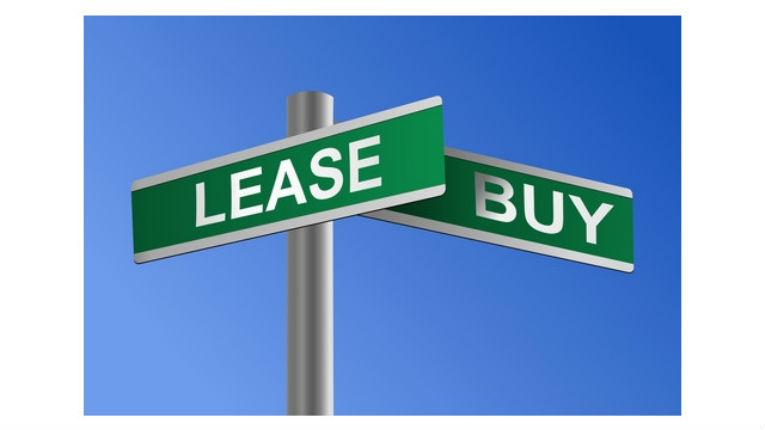By HEATHER LISTHARTKE
The best time to buy a car is often towards the end of the year and as that time quickly approached, you may be wondering if leasing or purchasing is a better option for you.
The answer can get complicated when you consider all the factors that go into the decision. Last year, around this time, I made my own decision to lease instead of buying a car. My decision was based on the fact that leasing allowed me to get a brand new, sleek car with all the technology, safety features, and luxury additions that I wanted. When it came to the decision for me, leasing was a more logical decision for the things that I needed and wanted. So which is better for you? It all comes down to the things that you are looking for in a vehicle. Here are a few things to consider in the process:
Price:
Leasing: When leasing a vehicle, you typically end up with a lower down payment, lower monthly payments, and typically no repairs with little maintenance required. Even those fees, taxes, and other associated costs tend to be lower.
Purchasing: Buying a car typically requires a 20% down payment, often higher monthly payments, and, at some point, repairs and higher frequency of maintenance is required. You also will pay full taxes and fees.
In my case, purchasing the same vehicle that I have using the same down payment, my payment would have been over $400 a month on a 5-year term loan. Instead, with the leasing, I am paying a total of $218 a month. Short-term it makes sense, but keep in mind that unlike purchasing, at the end of the 3 -year term, I do not own the car and have nothing to show for the money that I paid on the vehicle. When you factor in the total cost of leasing versus purchasing, I end up paying somewhere between $2000-4000 more in the long run. For the added security features and a guarantee that I had the exact vehicle that I wanted, the extra cost was worth it to me.
Mileage and Wear-and-Tear:
Leasing: When leasing a vehicle, one of the most notable things is the limited miles. While you can negotiate for more than the average of 12,000 miles a year, you’ll end up paying more per a month. If you go over the given mileage, you will end up paying anywhere between .10 cents to .30 cents per a mile depending on what you negotiate. Furthermore, if you have excessive wear-and-tear on your vehicle, you may end up paying a high price for the repairs that are necessary.
Purchasing: If you are someone who drives a lot of miles, purchasing a vehicle may be more appropriate as you have unlimited miles and don’t have to worry (as much) about the condition of the vehicle.
Flexibility:
Leasing: Leasing allows you to more easily transition to a new car every few years, which gives you the flexibility to change your car type more frequently than purchasing traditionally. However, you are stuck making a payment every single month with penalties if you terminate the lease early. That penalty often ends up being just as much if not more than just keeping the regular lease terms. Another thing to keep in mind with leasing is that customization is not an option unless you have the money to change it back to factory condition.
Purchasing: With purchasing, you have the flexibility to sell your vehicle whenever you want with no real penalties. However, in most cases, the value out of purchasing comes from owning the vehicle past the time that you end up paying it off, which is typically at least 5 years. Furthermore, you can modify your car in any way that you please as you are the owner.
So What Is the Best Option For You? Weigh the benefits and disadvantages of each against the needs and wants you have for your next vehicle and pick the option that makes the most economical sense to you in the long run.
Visit Walker Chevrolet of Franklin for your auto needs.
[scroller style=”sc1″ title=”More Auto News” title_size=”17″ display=”cats” cats=”20″ number_of_posts=”12″ auto_play=”5000″ speed=”300″]
Please join our FREE Newsletter




















